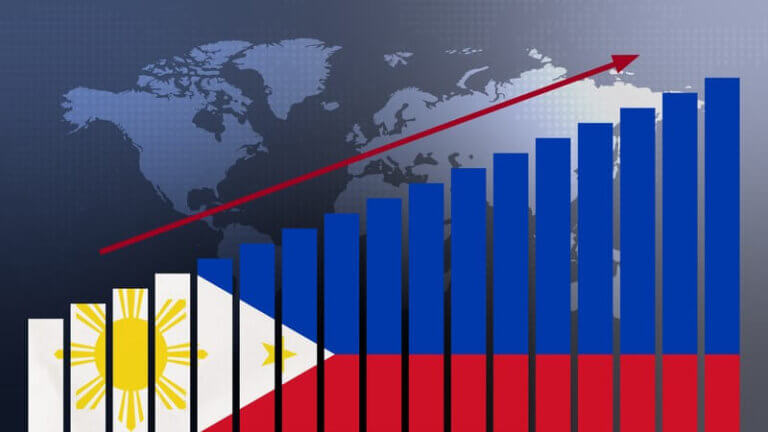Last January 28, 2025, I attended the Manila House event, “The Economy in 2025: Growth and Resilience Amid Challenging Times” on behalf of John Clements. The discussion provided an insightful analysis of the Philippines’ economic trajectory, highlighting key strategies to drive growth and resilience despite global volatility.
With key speakers Joel Consing, Moushumi Khan, and Rick Santos at the helm, the event centered on capital formation, particularly in the energy sector, alongside critical investments in infrastructure, regional connectivity, and human capital development.
Economic Overview and Capital Formation
Joel Consing outlined the composition of the Philippine GDP, where consumption accounts for 70%, government spending for 20%, and capital investment and trade deficits range between 30–40%. The country’s industrial sectors drive much of the growth, though rural areas contribute significantly. Capital formation remains largely domestic, with foreign investment making up less than 5%. The discussion underscored the need for substantial infrastructure investment to support long-term economic stability.
Energy Sector and Renewable Investments
A crucial component of capital formation is the energy sector, particularly in off-grid areas like Mindoro and Palawan. The government has allocated a $75 billion fund to develop infrastructure and aims to achieve 35% renewable energy by 2030 and 50% by 2040. Mindoro, identified as a key investment area, is home to two of the five wind superhighways identified by the World Bank, making it ideal for wind energy projects. The focus on renewables is seen as a pathway to sustainable development without compromising agricultural land.
Infrastructure Development and Regional Connectivity
Investments in power and telecommunications infrastructure are critical for economic expansion, particularly in rural and tourist areas where electricity costs remain high. For instance, resorts in Palawan pay significantly more for electricity than those in Metro Manila due to reliance on diesel generators. Expanding grid access will not only reduce costs but also attract further investments. Broadband connectivity is another priority, as it bridges the digital divide and enhances economic opportunities in agriculture, education, and healthcare.
The Role of Multilateral Development Banks
Moushumi Khan from the Asian Development Bank (ADB) highlighted energy access and cost as major considerations for investors. The Philippines remains ADB’s largest borrower, with significant funding directed toward infrastructure, human capital development, and regional connectivity. Improving governance at the local level is crucial to attracting private infrastructure investment and ensuring long-term economic inclusivity.
Real Estate and Investment Trends
Rick Santos addressed the impact of global political shifts on the real estate sector, emphasizing its resilience as an investment option. Data centers are emerging as a new asset class, requiring substantial infrastructure support in electricity and cooling systems. While the Philippines is not yet a major hub, it has strong potential in this sector if the right investments are made.
Human Capital and Economic Growth
The discussion also highlighted the importance of human capital development. Investments in education, healthcare, and upskilling initiatives will be instrumental in harnessing the country’s young workforce. Programs supporting women and youth in digital entrepreneurship will play a crucial role in ensuring inclusive economic growth.
Resilience Amid Economic Volatility
Despite global uncertainties, the Philippines has demonstrated resilience in past crises such as the Asian financial crisis, SARS, and COVID-19. Strategic government reforms, infrastructure expansion, and regional integration will be key to maintaining stability and growth. With continued investment in energy, connectivity, and human capital, the country is poised to navigate economic challenges while seizing new opportunities in 2025 and beyond.
Drive Growth with the Right Talent
As the Philippines navigates economic challenges in 2025, investing in skilled talent is key to resilience and success. John Clements specializes in executive search and talent solutions to help businesses thrive in evolving markets. Contact us today and start building a workforce that drives sustainable growth.





